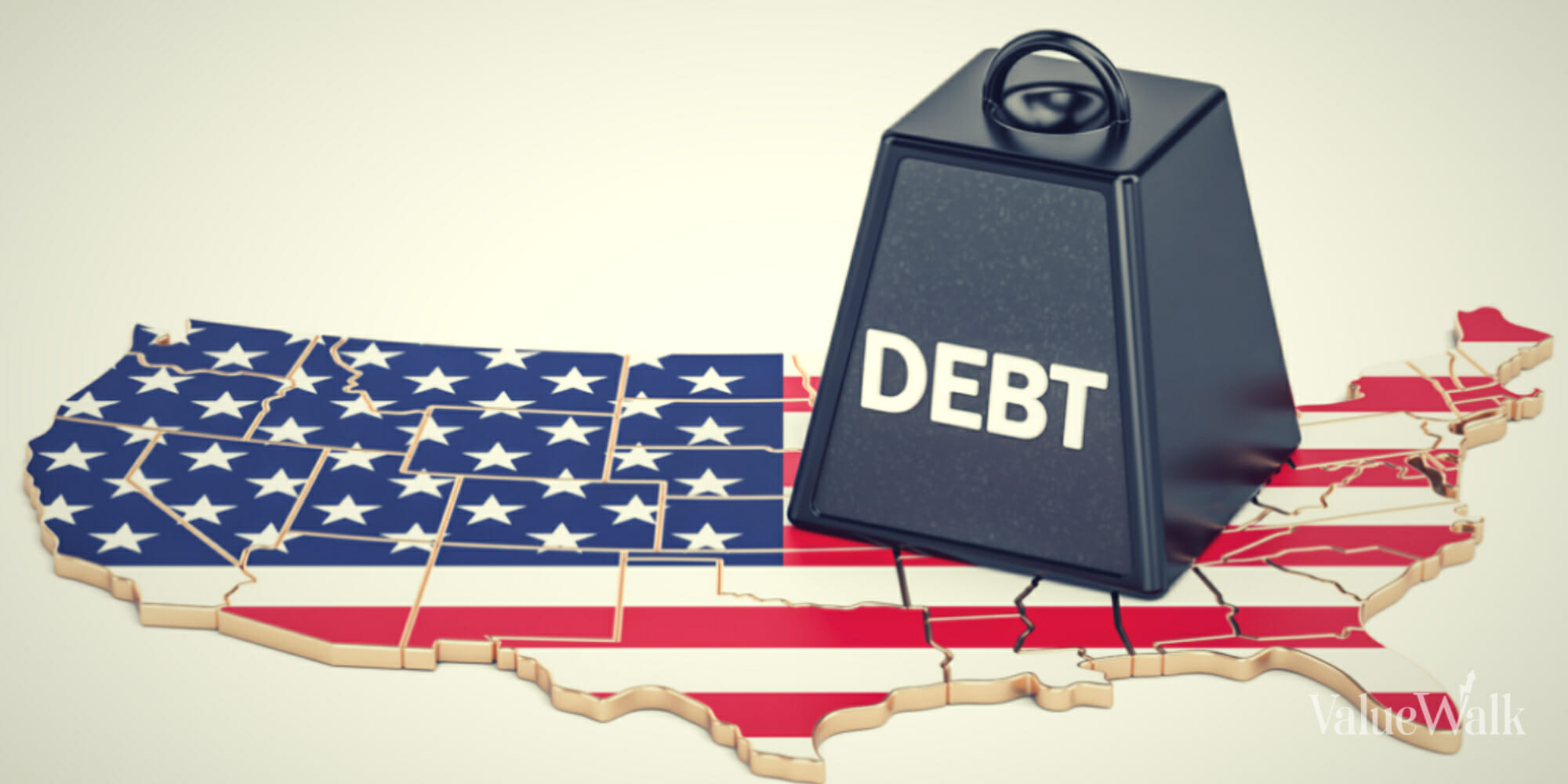- National study to pinpoint when debt becomes so significant that it starts to induce anxiety.
- Delawareans have the highest debt anxiety thresholds; South Dakotans the least.
The topic of personal debt has always been a significant point of discussion in America. Leaving mortgages aside, the average American bears a financial burden of around $38,953 in debt. This financial commitment often leads to substantial stress for many, while a select few manage to navigate their liabilities strategically, thanks to their robust repayment plans. But one question that has intrigued many is – how much debt exactly tips people over the edge? At what point does the burden become so significant that it starts to induce anxiety?
The relationship between high-stress levels and deteriorating health has been explored in several studies. However, one might argue that worry does serve a crucial role in personal finance; the stress of debt often acts as a deterrent, preventing people from getting further tangled in the web of financial liabilities.
On the other hand, there is a section of the population that appears comfortable even with high levels of debt. Are these people savvy gamblers playing a high-stakes game, or are they potentially ignoring the looming dangers of accumulating debt, unintentionally sinking deeper into financial turmoil?
Well Kept Wallet, a personal finance website, conducted a survey of 3,000 respondents across the country to explore these questions. They calculated a ‘debt anxiety index’ for each state by asking respondents about their personal debt anxiety threshold. In other words, they inquired about the debt level, excluding mortgages, at which people begin to feel chronically stressed.
States With the Highest And Lowest Debt Anxiety
Surprisingly, the state with the lowest debt anxiety threshold turned out to be South Dakota. The residents of the Mount Rushmore State start feeling financially flustered when their debts total merely $4,000. In stark contrast, Delaware’s inhabitants showcased the highest debt anxiety threshold; Delawareans can comfortably endure debts rising up to a hefty $41,667!
The study also found that the average New Jerseyan begins to feel chronically stressed when they have a debt of $23,679 or more, though this was higher than the national average of $22,514, and placing them 16th overall nationally.
The top 5 states with the highest debt anxiety thresholds:
- Delaware: $41,666.67
- Wyoming: $40,000.00
- Hawaii: $35,000.00
- Idaho: $30,000.00
- New Mexico: $28,333.33
The bottom 5 states with the lowest debt anxiety thresholds:
- South Dakota $4,000
- North Dakota $4,800
- Montana $5,000
- Alaska $10,000
- Kansas $13,235
Interactive Map Showing Debt Anxiety Thresholds Across America
Created by Well-Kept-Wallet • Viewlarger version
In addition to the regional comparisons, the survey also shed light on the type of debt that induces the most stress among people. A significant 36% of respondents revealed that credit card debt gives them the most anxiety. Personal loans trailed in the second spot, with 23% of people admitting that this form of debt makes them the most nervous. The worry associated with medical debt was indicated by 18% of respondents, followed by student loans (15%), and auto loans (8%).
The study painted a distressing picture of daily life under the shadow of debt. A concerning one-third of respondents confessed they worry about their debt on a daily basis. A staggering 78% admitted that, at one point or another, they’ve had to choose between buying groceries or paying the interest on their debt. The survey also highlighted the profound impact debt can have on physical and mental health, with numerous respondents attributing significant health issues directly to their financial woes.
“The study provides deep insights into the pervasive effects of debt on the everyday lives of Americans. It’s clear that we need to work towards better financial literacy and strategic debt management. This is not just about money, but about improving overall quality of life. Remember, it’s never too early or too late to start your journey towards financial health and freedom” says Deacon Hayes, founder of Well Kept Wallet.





